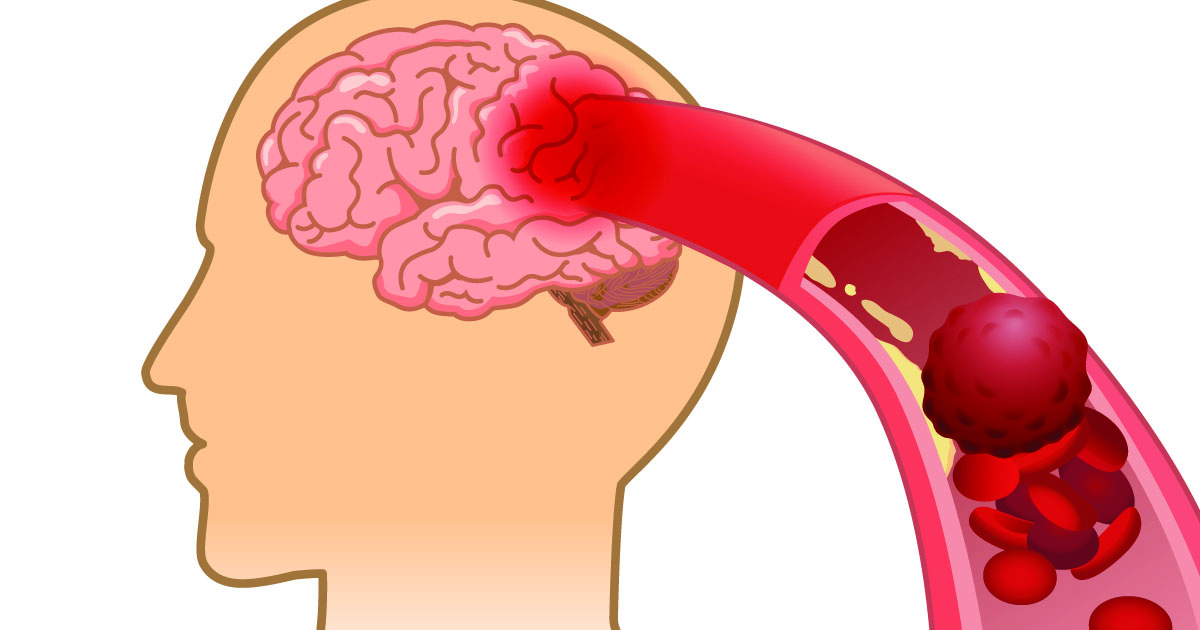Dates are more than just nature’s candy; they are small bites of pure sweetness with a texture and taste that is hard to resist. These caramel-like fruits have been loved for centuries, not only for their incredible taste but also for their nutritional value.
Rich Source of Essential Nutrients
Dates are full of vital nutrients that contribute to overall well-being and according to the US Department of Agriculture (USDA), one serving of dates (about 100 grams or four dates) contains a high percentage of the recommended daily amount of:
- Copper: 40% (.362 mg).
- Magnesium: 15% (.54 mg).
- Manganese: 14% (.296 mg).
- Potassium: 23% (696 mg).
- Vitamin B6: 17% (.249 mg).
Many Antioxidants
One of the remarkable nutritional qualities of dates is their high content of antioxidants, which can help combat oxidative stress and “help prevent the development of certain chronic diseases such as heart disease, cancer, Alzheimer’s, and diabetes,” according to Healthline.
Key Antioxidants
- Flavonoids: Known for their anti-inflammatory and brain-protective properties.
- Carotenoids: Good for heart health and known to support eye health.
- Phenolic Acid: This antioxidant has powerful anti-inflammatory properties, which may reduce the risk of conditions like heart disease and cancer.
Digestive Health
Dates are rich in fiber, which promotes digestion by aiding in regular bowel movements and preventing constipation. This fiber also supports a healthy gut by acting as a prebiotic and feeding beneficial gut bacteria. A healthy gut is essential for nutrient absorption and immune function, so adding fiber through dates is a great way to support overall digestive health.
The Cleveland Clinic states that the recommended daily intake of 100 grams of dates contains about 7 grams of fiber, “the same amount of fiber as a cup of cooked whole wheat pasta or just under half a cup of lentils.”
Heart Health
The potassium and magnesium content in dates support heart health by helping to regulate blood pressure, while fiber and antioxidants can reduce the risk of heart disease by lowering cholesterol levels.
Incorporating dates into a balanced diet can reduce the risk of atherosclerosis, a condition where arteries become clogged with fatty deposits, leading to better heart and vascular health.
Stronger Bones
With minerals like calcium, magnesium, and phosphorus, dates also contribute to maintaining strong bones. These minerals are essential for bone density, making dates a great option for people at risk of osteoporosis or other bone-related health issues. Regularly consuming dates can be especially beneficial for postmenopausal women and older adults for maintaining strong bones.
Brain Function
Dates contain a significant amount of vitamin B6, which supports the production of serotonin and norepinephrine, both essential for brain health and mood regulation. The antioxidants in dates also help reduce inflammation in the brain, potentially lowering the risk of neurodegenerative diseases like Alzheimer’s.
Nature’s Candy
Due to their natural sweetness, dates are an excellent substitute for refined sugars in recipes. This helps reduce overall sugar consumption without sacrificing taste. They work well in smoothies, energy bars, baked goods, and savory dishes, providing natural sweetness along with extra nutrients.
Replace sugar with date paste in a 1:1 ratio.
And dates have a low glycemic index, which can help diabetics maintain their blood sugar levels.
Quick Energy
Dates are an excellent natural source of quick energy due to their high natural sugar content, including glucose, fructose, and sucrose. This makes them a popular choice for athletes as they can provide a quick energy boost without the crash often associated with processed sugary snacks. Paired with their rich fiber content, dates can provide lasting energy that outlasts other sugary snacks.
Dates are a small but powerful fruit with a multitude of benefits that can improve your diet in many ways. From boosting energy to supporting digestion and heart health, they are a healthy and natural way to add sweetness and nutrients to your diet. So next time you crave something sweet, grab a date (or two) and enjoy the health benefits they contain!
Share your recipes and let us know how you use dates in your meals!




